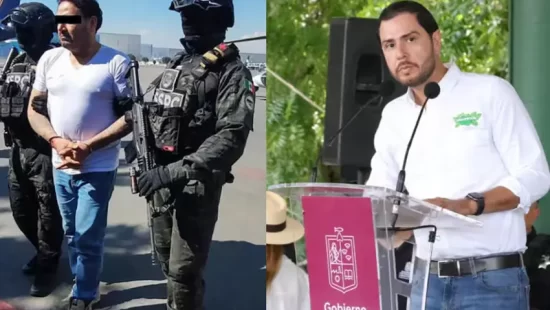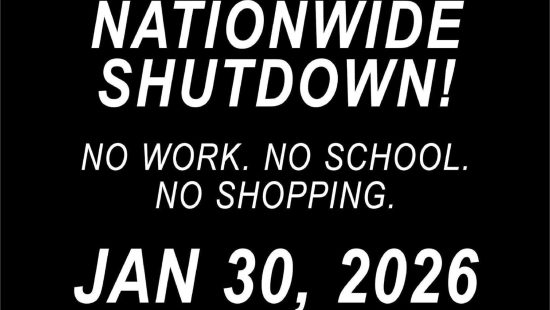“People who can are staying home. They’re afraid of running into immigration officers,” says Terry.
Terry Cortez is the number one Spanish-language radio host.
On his morning show El Terrible on station 97.9FM La Raza, his audience normally floods the phone lines. But now, in the wake of ICE operations, the number of calls has dropped—and the ones that do come in are seeking information, help, guidance.
“People who can are staying home. They’re afraid of running into immigration officers,” says Terry. “But there are others who can’t do that. They need the money to eat, so they have no choice but to take the risk and go to work.”
His radio show acts like a thermometer for the community. It’s where he gauges the public mood—their joys, successes, defeats, and fears.
“I have to be very careful with the information I share. It has to be accurate, because a lot of people rely on what they hear. Food doesn’t appear on the table by itself. So for those who go out to work, the least I can do is share something that might help them if they need it,” he adds.
The format of his show is normally lighthearted and full of banter, says Terry, but in situations like this, it’s their duty to help however they can.
One of his listeners told him he already spoke with his family to make a plan in case he gets picked up.
“He has no choice—he has to work to eat,” Terry recalls. “He told me, ‘ICE is like ‘la calaca’. You never know when it’s coming, but that’s why I still go out to work.’ Many will be able to stay home, but others won’t. They already know this will last at least 30 days,” he added.
Like hundreds of thousands of others, Terry was surprised by the intensity of the immigration operation. He didn’t expect it and now feels uncertain about what might happen.
“I think this was Trump’s way of saying, ‘I’m here.’ Even a friend told me, ‘Keep water and food at home for a week—we don’t know what might happen.'”
During the conversation, a fruit vendor who is an immigrant messaged him. He said he’s still going out to sell, but sales have dropped dramatically. “We’re just moving from place to place, but not making many sales,” he wrote.
“Small businesses downtown and in the alleys are suffering. A lot of people are suffering. This can’t go on much longer—it’s going to impact the economy,” Terry says.
Wanting to do his part, Terry told us he’s starting a campaign to deliver food supplies to families whose parents can’t go to work.
“We’re already in contact with food banks and sponsors to get started. It won’t be many families, but something is better than nothing,” he concluded.








